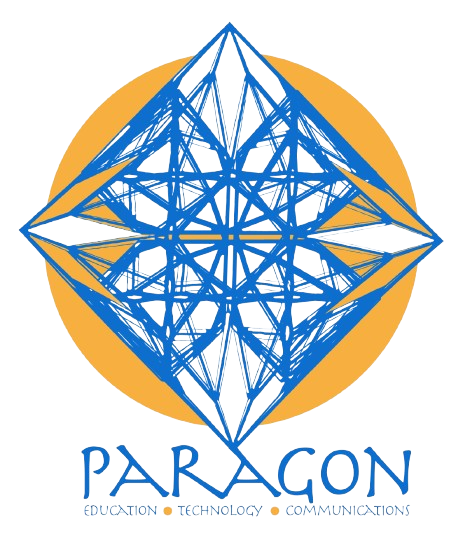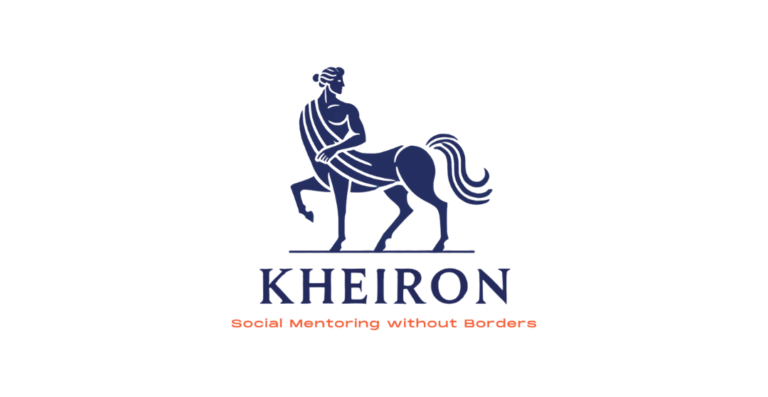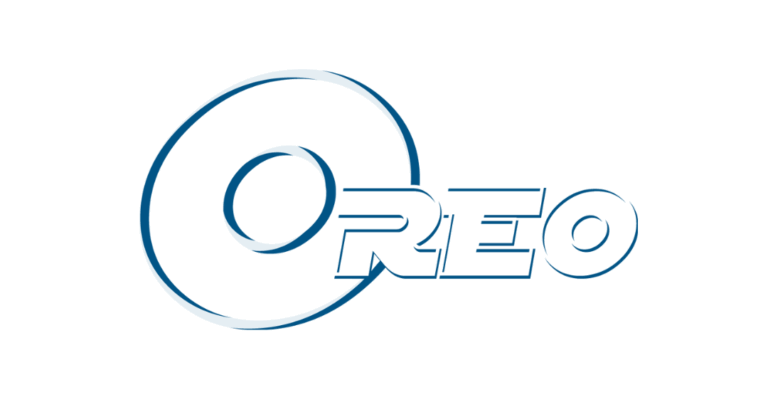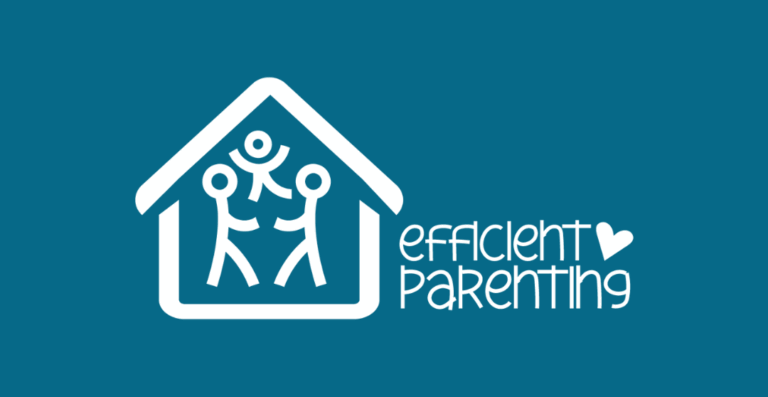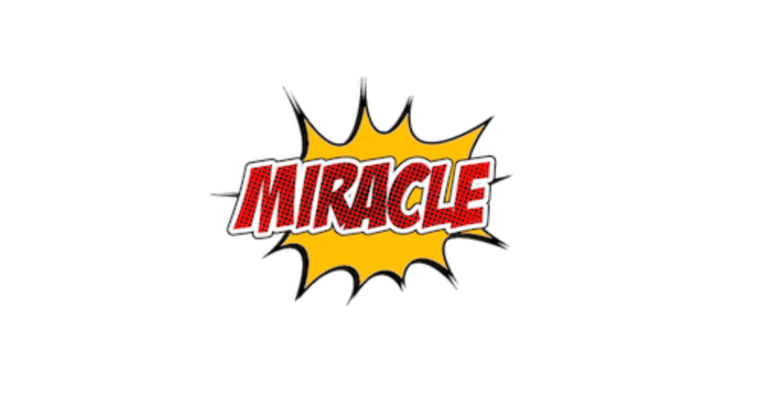Role: Associated Partner
Website: https://aristarchusproject.eu/
Key Action: Partnerships for cooperation and exchanges of practices
Action Type: Co-operation partnerships in school education
Summary
The ARISTARCHUS project aims to enhance STEM education through an innovative approach using the Human Orrery, a model that demonstrates the Solar System’s dynamics. Targeting learners aged 8-15, the project integrates astronomy with artistic expression, allowing students to paint, draw, move, and dance while learning about planetary orbits and related scientific concepts. It focuses on inclusivity, engaging marginalized groups such as migrants, students with disabilities, and those from rural areas.
The project’s objectives include fostering scientific knowledge, developing digital competencies, and promoting social and emotional skills. It emphasizes interdisciplinary learning, creativity, and collaboration, while also aiming to equip students with tools for personal and societal transformation. Key activities involve creating a comprehensive toolkit for teachers, developing an AR app to enhance learning, and building an e-learning platform. The project includes training for educators and multiple multiplier events for wider dissemination.
The impact includes improved teacher development, enhanced STEM curricula, and greater adoption of AR-based learning. It promotes inclusive, innovative, and engaging educational practices that foster a deeper understanding of science and technology among diverse learners.
Target Groups:
Upper primary school students (ages 8-12)
Lower secondary school students (ages 13-15)
Primary and secondary school educators, particularly those teaching STEM subjects
Educational leaders and policymakers
Students with diverse needs (e.g., migrants, students with disabilities, rural communities)
Parents and community members
Topics:
✅ Astronomy and space science
✅ STEAM education (Science, Technology, Engineering, Arts, Mathematics)
✅ Digital learning tools and applications (including AR)
✅ Interdisciplinary teaching methodologies
✅ Inclusive education practices
✅ Active, hands-on learning approaches
✅ Artistic and experiential learning in STEM
✅ Soft skills development (creativity, collaboration, problem-solving)
